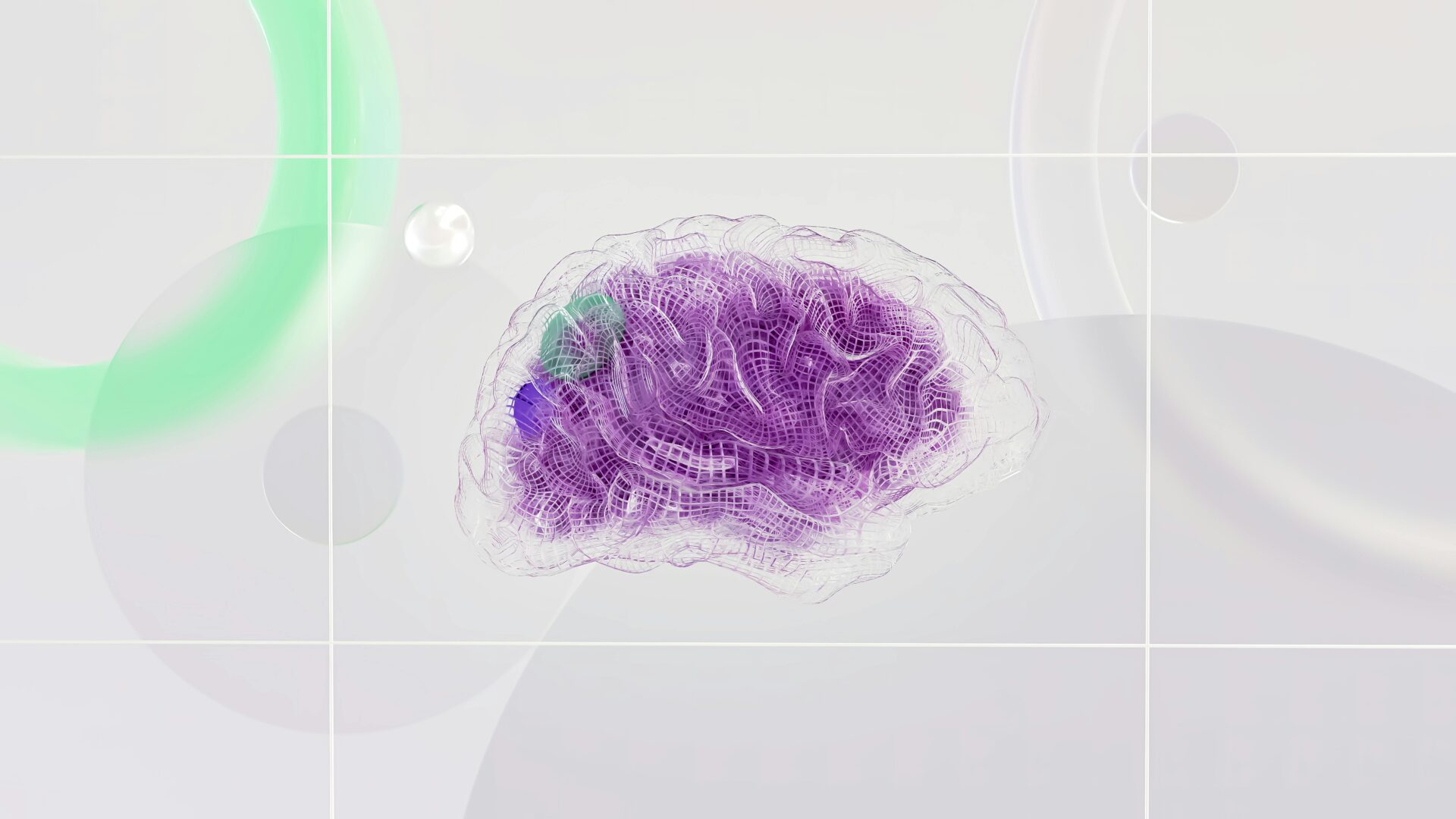
The integration of AI in healthcare is more than just a technological advancement; it’s a transformative approach that can greatly improve care quality, operational efficiency, and accessibility. As AI evolves, its role in healthcare will grow, leading to a future where advanced technology and human expertise work together for the best health outcomes.
Here are some key applications and benefits of AI in healthcare:
Medical Imaging and Diagnostics
Drug Discovery and Development
Patient Monitoring and Remote Care
How AI supports Healthcare Industry
Improved Operational Efficiency and Cost Savings
AI can automate repetitive administrative tasks like scheduling appointments, processing insurance claims, and managing medical records. This increases operational efficiency and reduces costs associated with manual labor.
Enhanced Clinical Workflows and Productivity
AI-powered clinical decision support systems provide evidence-based recommendations to healthcare professionals, improving diagnostic accuracy and treatment planning. This enhances care quality and consistency.
Accelerated Drug Discovery and Development
AI algorithms can rapidly analyze vast amounts of data on chemical compounds, genomics, and biological processes to identify potential new drug candidates and accelerate the drug discovery pipeline.
Personalized Patient Care
By analyzing patient data such as medical history, genetics, and lifestyle factors, AI can support the creation of tailored treatment plans that aim to improve treatment efficacy, reduce adverse effects, and ultimately enhance patient outcomes.
Healthcare Challenges
Solved with AI
Healthcare data is often fragmented across different systems, leading to inaccuracies and inconsistencies. These inaccuracies can adversely affect the performance and reliability of AI models, leading to flawed insights and recommendations.
To address this challenge, healthcare organizations need to collect training data from reliable sources like patients’ historical and current medical records.
They should also prepare datasets for machine learning algorithms precisely by identifying the desired outcome at the earliest and preparing data accordingly.
Cleansing data to minimize missing values and eliminate irrelevant data can help make the data compatible with the processes it is built for.
Achieving a high level of AI integration requires significant investment in technological infrastructure, regulatory compliance, and staff training. Organizations often don't fully grasp the complexity of working with AI, missing the hidden costs required to realize its potential.
To mitigate these financial barriers, healthcare organizations can use trusted, experienced resources that reduce the cost of implementation and avoid wasteful steps.
Appropriate use of RAG architecture can significantly reduce runtime expenses and increase the performance and quality of the output.
Partnerships with AI experts can also help navigate implementation challenges effectively.
Clinical staff may struggle to accept AI due to the need to learn new skills and take on more complex tasks. Patients may also fear being treated by AI systems due to a lack of awareness and trust.
To address acceptance concerns, healthcare organizations should focus on educational efforts and clear communication to demonstrate AI’s reliability and direct benefits.
Introducing AI systems that closely match current human activities, like predictive analytics for patient monitoring and virtual assistants for scheduling, can enhance overall acceptance.
Educating patients about the benefits of AI-based treatments, such as robotic surgery, can also increase their trust in the technology.
Developing and deploying AI solutions in healthcare requires specialized technical expertise in machine learning, data science, and software engineering. However, there's a shortage of skilled professionals with the necessary knowledge and experience to design, implement, and maintain AI-driven systems in healthcare settings.
To address this challenge, healthcare organizations should involve existing staff to leverage their familiarity with operations. Incorporating external expertise, such as hiring a Chief AI Officer (CAIO) or consulting with outsourcing firms, can also help navigate implementation challenges effectively. Building trust and confidence in AI across all healthcare workforce levels, including providers, IT staff, executives, and administrators, is crucial before implementing AI.
AI Solutions
for Healthcare
Disease Diagnosis and Detection with AI
AI algorithms can analyze medical images (X-rays, CT scans, MRI) to detect anomalies, tumors, or other signs of disease with high accuracy, assisting radiologists in making more accurate diagnoses. AI systems can also analyze electronic health records, lab results, and patient symptoms to identify patterns and provide diagnostic recommendations for various conditions.
Drug Discovery and Development
AI is used to analyze vast amounts of data from genomics, proteomics, and other sources to identify potential drug targets and design new drug candidates more efficiently. AI can predict drug-drug interactions, optimize drug dosages, and personalize treatment plans based on a patient’s genetic profile and medical history.
Clinical Decision Support
AI-powered clinical decision support systems can assist physicians by providing evidence-based treatment recommendations, reducing diagnostic errors, and improving patient outcomes. These systems can analyze patient data, medical literature, and clinical guidelines to suggest the most appropriate course of action.
Hospital Operations and Workflow Optimization with AI
AI can be used to optimize hospital resource allocation, staffing schedules, and patient flow, improving operational efficiency and reducing costs. AI-powered chatbots and virtual assistants can handle routine administrative tasks, such as appointment scheduling and billing inquiries.






